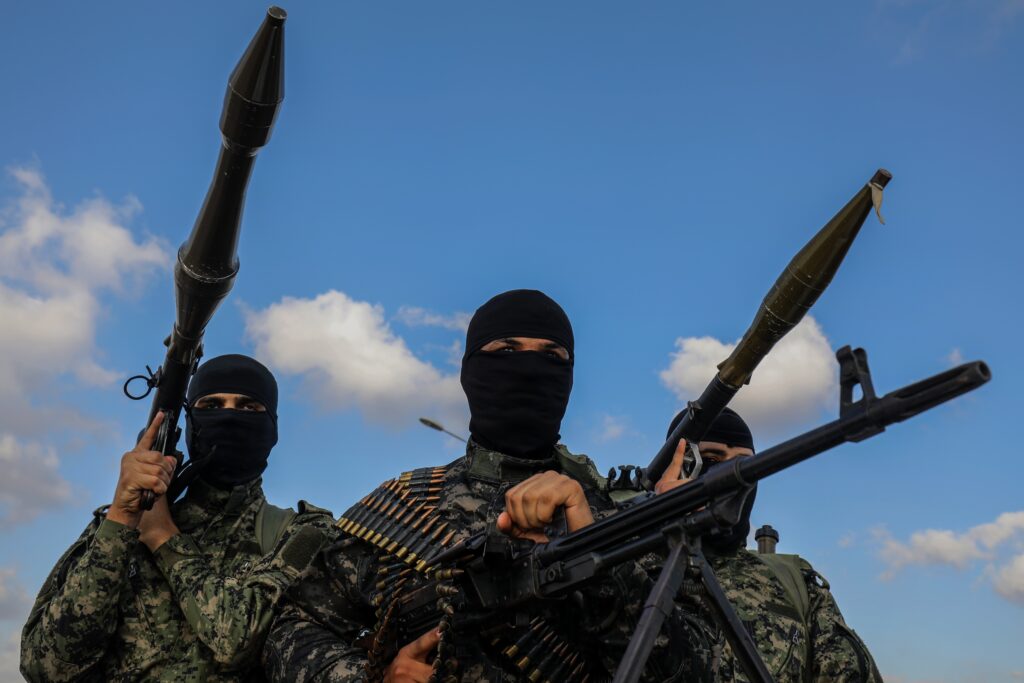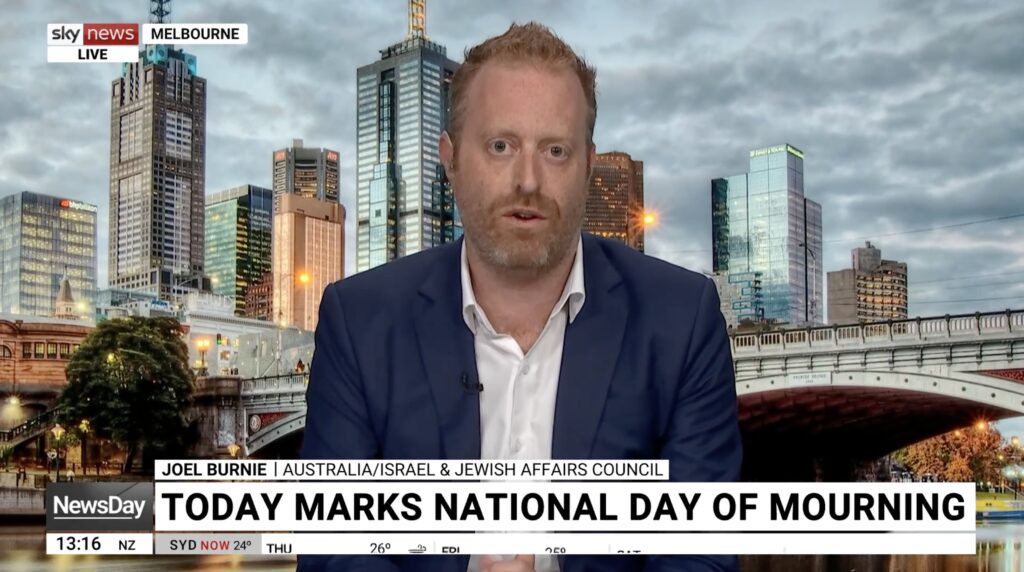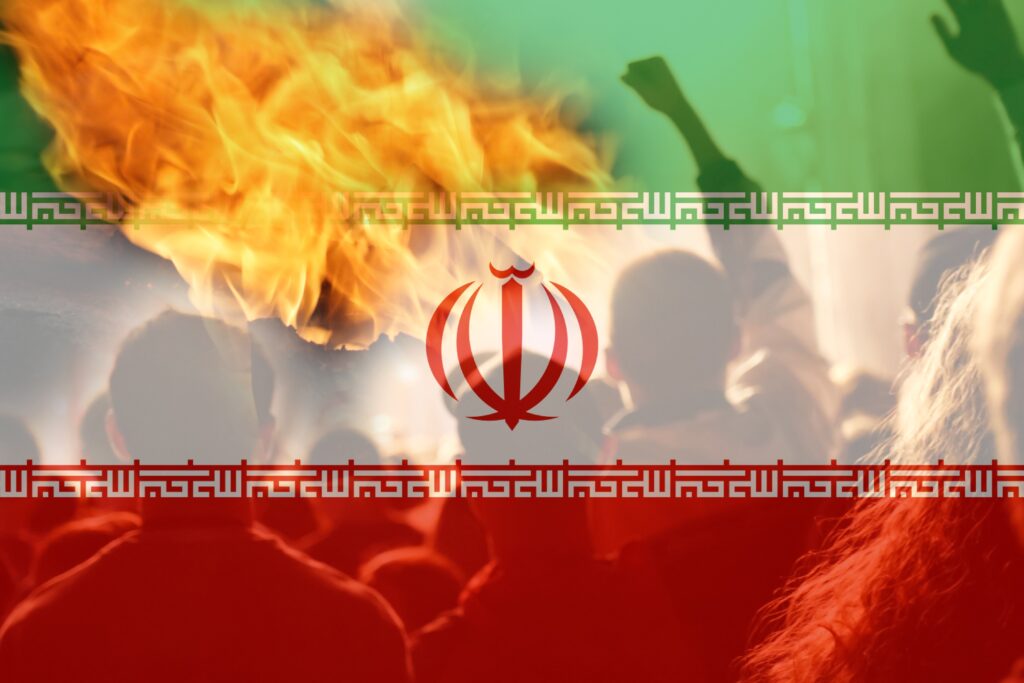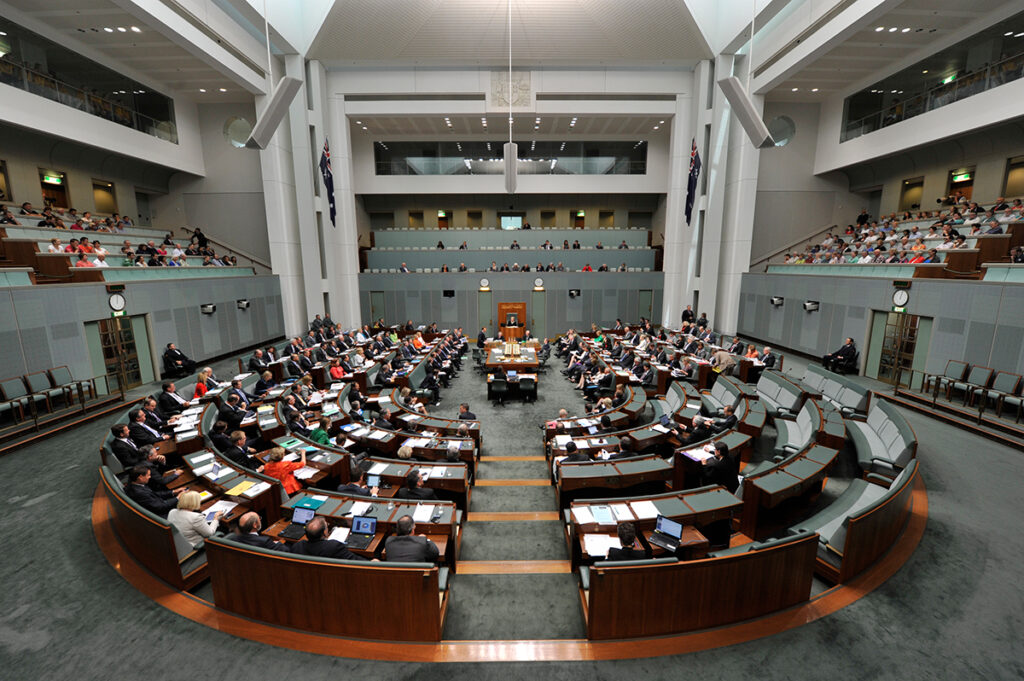IN THE MEDIA
Under pressure, Netanyahu agrees to a ceasefire and hostage deal with Hamas. Are his days now numbered?
November 23, 2023 | Ran Porat
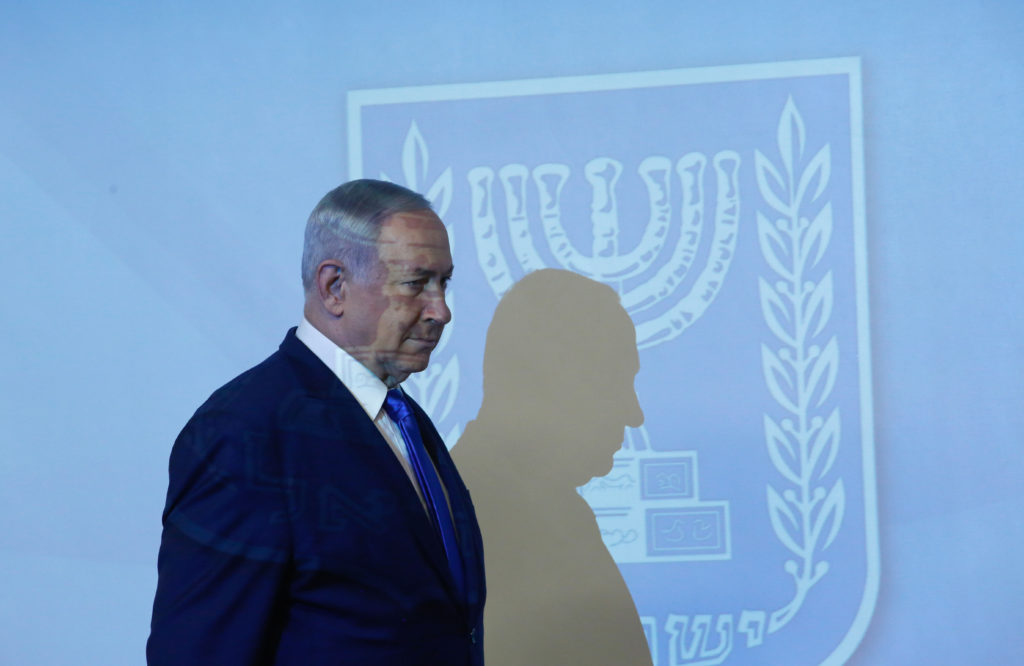
The Conversation – 22 November 2023
After a long overnight deliberation, the Israeli government approved a hostage release deal and ceasefire today with Hamas.
The main details of the agreement, brokered by Qatar, will include the gradual release of 50 to 80 Israeli women and children held in the Gaza Strip. That’s only a fraction of the 240 hostages who were abducted on October 7 during Hamas’ violent terror spree across 23 southern Israeli towns, which killed 1,200 Israelis.
In exchange, Israel has agreed to at least a four-day ceasefire, pausing its offensive manoeuvres in Gaza aimed at crushing Hamas’ military and political capabilities. At least 150 Palestinian women and minors will be released from Israeli prisons in exchange, while Gazans will receive increased amounts of humanitarian aid and fuel.
The deal presented several dilemmas for the government in Jerusalem, embodying the strong tensions between the two main goals of the war: dismantling Hamas as a functioning terror organisation and securing the release of as many hostages as possible.
The Israeli Defence Forces wanted to keep the pressure on Hamas on the ground. On the other hand, it was clear that fighting would have to be put on hold for the hostage deal to go ahead.
Moreover, Israelis will not like the fact the deal applies only to women and children, leaving out men and soldiers. And it also left Hamas with strong cards to play in the coming days, able to use the remaining hostages to force more ceasefires and concessions from Israel.
Netanyahu in trouble
This is not the first time veteran Israeli Prime Minister Benjamin Netanyahu has signed off on a sensitive prisoner swap deal. He was prime minister in 2011 when Israel released more than 1,000 prisoners in exchange for a single Israeli soldier, Gilad Shalit. The released prisoners included 280 who were serving life sentences – among them the current Hamas leader in Gaza, Yahya Sinwar.
Protests on the Israeli streets since Hamas’ attacks on October 7 have called for prioritising the release of hostages. These have been substantial and emotional. Families of those kidnapped have also met with Netanyahu and his partners in the current emergency government, centrists Benny Gantz and Gadi Eisenkot, who are both former Defence Force chiefs of staff and were previously part of the opposition.
The Israeli public has displayed strong and heartfelt national solidarity in response to the October 7 attacks. At the same time, no one can forget the division and vitriol that threatened to tear Israel apart just a short while ago. Millions protested for months against the controversial judicial overhaul plan promoted by Netanyahu’s right-wing government. Coalition members fiercely attacked and ridiculed army reservists who threatened not to serve unless the reform plan was scrapped.
As long as the war continues, Netanyahu’s position appears safe. Initially, his followers claimed it is no time to deal with petty politics when the war is being fought. Yet, soon afterwards, it became clear the prime minister was refusing to take personal responsibility for what occurred on October 7, even though he was in power on-and-off for 16 years and failed to effectively deal with Hamas.
Many blame him for allowing Qatar to provide hundreds of millions of dollars to Hamas-ruled Gaza over the years, with the money arguably helping transform it into an army on Israel’s back doorstep.
A committee of inquiry, expected to be created as soon as the fighting is over, will most likely also grill Netanyahu and his political partners for their role in exacerbating the internal strife. These tensions within Israel, a top intelligence official warned months ago, were perceived as a weakness among Israel’s enemies and “an expression of a linear process ending with Israel’s collapse”.
No one wants elections while the fighting continues, and toppling the government now would be legally complicated. Attempts behind closed doors to find enough hands among Netanyahu’s Likud party to replace him have so far come to nothing.
Extremist Itamar Ben Gvir, head of the Jewish Power Party which is part of Netanyahu’s original right-wing coalition, voted against accepting the hostage deal. Publicly, he warned against the deal, depicting it as a grave mistake and a show of weakness. After the war, he may seek to distance himself from the Likud leader by voting down the government.
The feeling in Israel is that Netanyahu’s days in power are numbered. Yet, the veteran PM has proven time and again that it is not wise to bet against him.
Tags: Binyamin Netanyahu, Hamas, Israel

